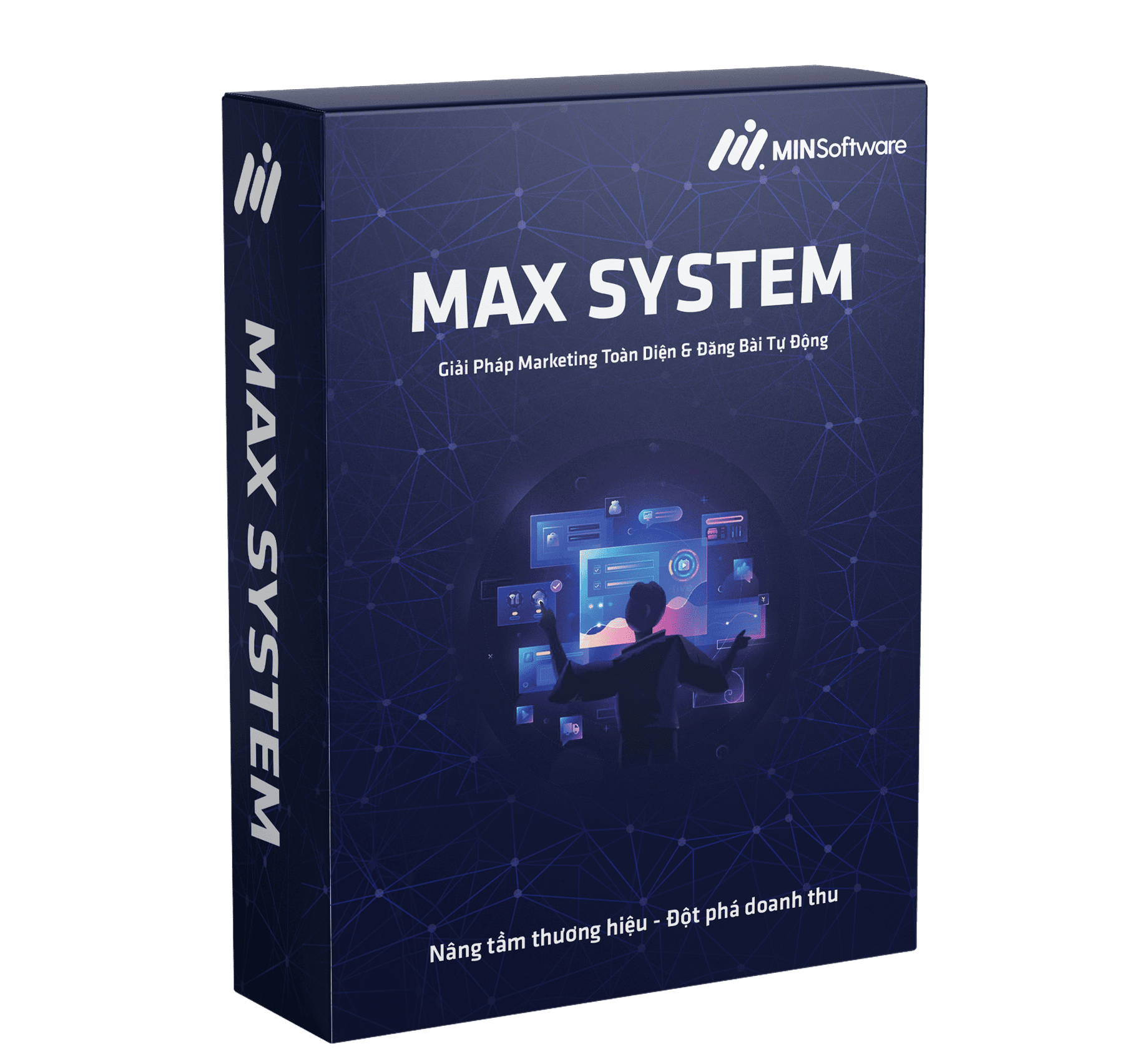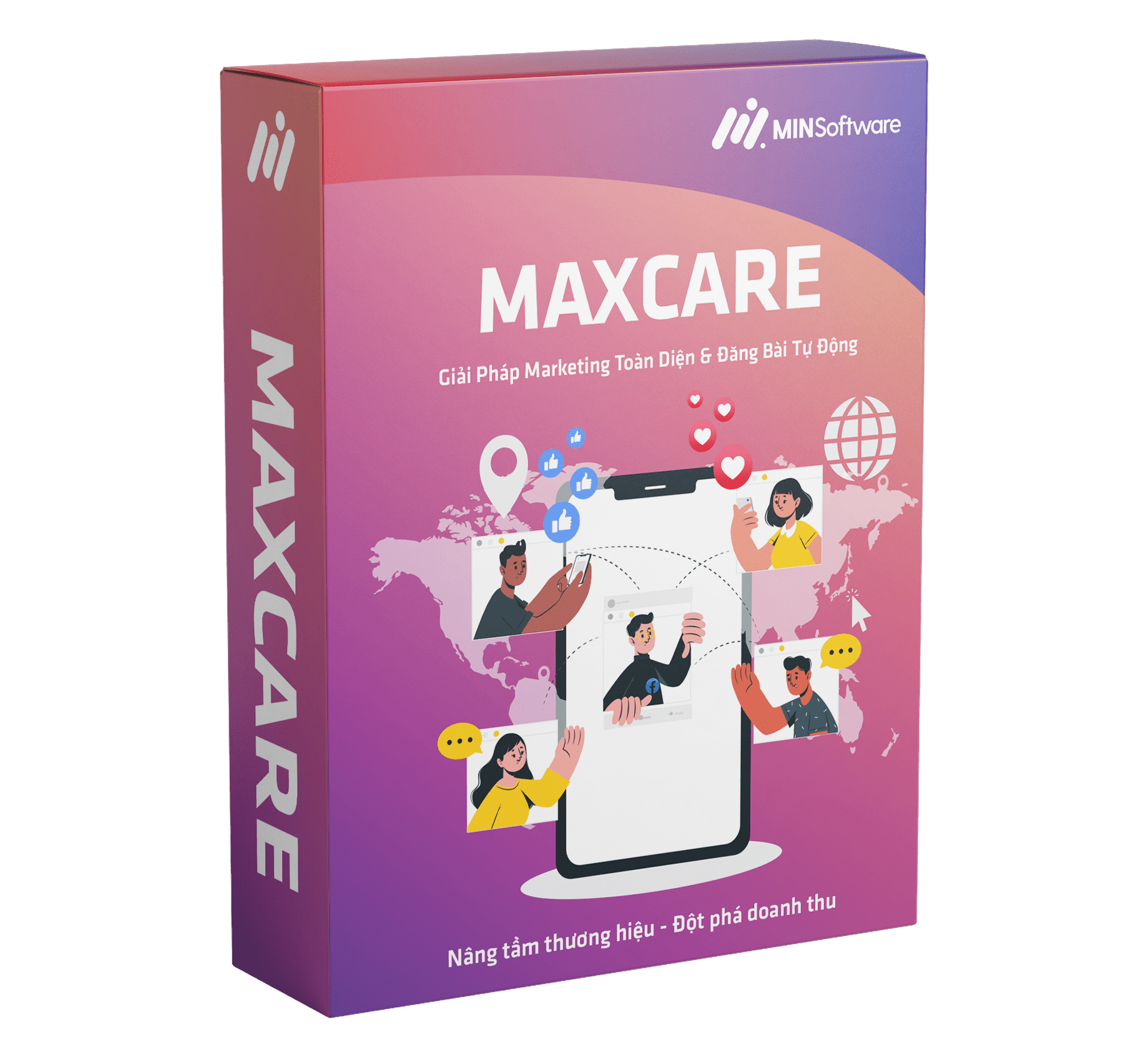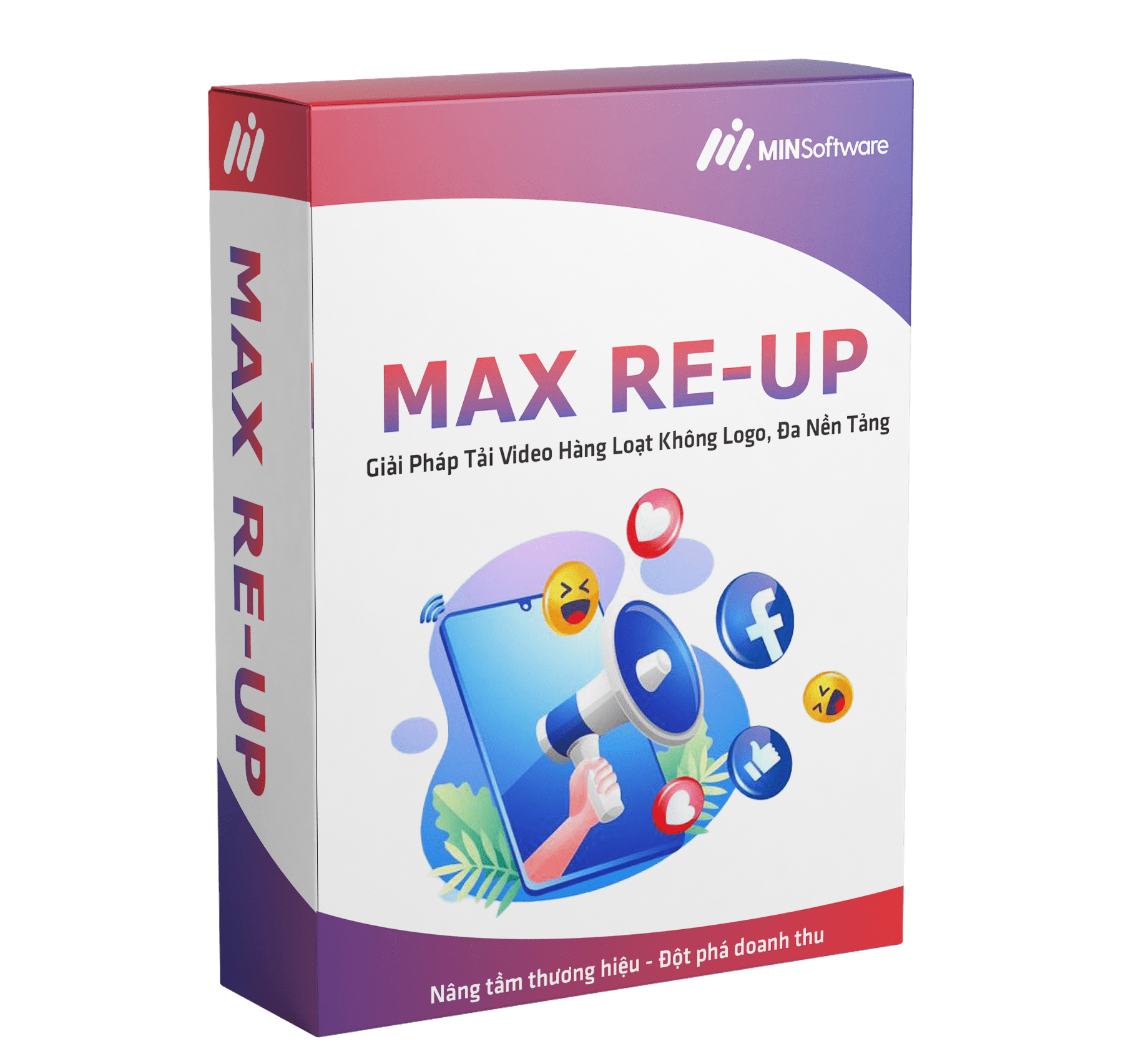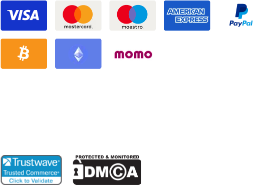Affiliate Marketing: Essential Things to Know for Success
Learn what Affiliate Marketing is, how it works, and the secrets to making money online effectively. A detailed guide for beginners!
I. What is Affiliate Marketing?
Affiliate Marketing is a business model in which an individual or organization (called an affiliate) earns money by promoting products or services of another company.
When a customer makes a purchase or completes a specific action through the affiliate’s marketing link, they receive a commission.
This model is popular in e-commerce and digital marketing, benefiting both businesses and marketers: businesses can increase sales without high advertising costs, while affiliates can make money online without owning any products.

II. Key Components of Affiliate Marketing
Affiliate Marketing consists of four main components:
- Merchant/Advertiser
- The business or individual that owns the product or service being promoted.
- They create the affiliate program and pay commissions to affiliates for successful sales.
- Affiliate/Publisher
- An individual or organization that promotes the merchant’s products/services.
- They use channels like websites, blogs, social media, and email marketing to attract customers.
- Affiliate Network (Optional)
- A platform that connects merchants and affiliates.
- It manages the program, provides tracking tools, reports, and handles commission payments.
- Customer
- The person who makes a purchase or completes a required action through the affiliate’s link.
- They are the key factor determining the success of an affiliate marketing campaign.

Affiliate Network (Optional)
III. Examples of Affiliate Marketing
- Amazon Associates
- A blogger writes a book review on their blog.
- They include an affiliate link from the Amazon Associates program in the article.
- When readers click the link and purchase the book on Amazon, the blogger earns a commission.
- Udemy Affiliate Program
- An education expert writes a blog post about programming skills.
- They insert an Udemy course link into the article.
- When readers enroll in the course through the link, the expert earns a commission from Udemy.
- Hosting & Domain Affiliate (Bluehost, Namecheap, Hostinger, etc.)
- A marketer writes a guide on how to create a website and recommends hosting services.
- They include an affiliate link from Bluehost.
- When someone purchases hosting through this link, the marketer earns a commission from Bluehost.
- Nike Affiliate Program
- An Instagram influencer shares pictures of Nike shoes and includes an affiliate link in their bio.
- When followers click the link and purchase the shoes, the influencer earns a commission from Nike.
These examples show that Affiliate Marketing can be applied across various platforms, including blogs, YouTube, social media, and websites.

IV. Pros and Cons of Affiliate Marketing
Pros
- Low Cost, Low Risk
- No need to create products or manage inventory.
- Can start for free or with very low investment.
- Passive Income
- Once a system is built, you can earn money even when not actively working.
- Flexible Work Schedule
- No restrictions on time or location; you can work from anywhere.
- Wide Range of Products and Markets
- You can choose any niche, from technology and fashion to education and finance.
- No Customer Support Needed
- The merchant handles order processing, shipping, and customer service.
Cons
- High Competition
- Since Affiliate Marketing is popular, many people join, making it harder to stand out.
- Unstable Income
- Earnings can fluctuate if you don’t have a solid strategy or a stable customer base.
- Dependence on Merchants
- If a merchant changes commission policies or shuts down their program, you may lose income.
- Requires Digital Marketing Skills
- Success requires knowledge of SEO, advertising, content marketing, email marketing, etc.
- Takes Time to Build Income
- It takes time to create content, attract an audience, and establish a sustainable income stream.

Pros and Cons of Affiliate Marketing
- It takes time to create content, attract an audience, and establish a sustainable income stream.
V. Why Merchants Should Join an Affiliate Marketing Network
- Increase Sales with Low Costs
- Only pay commissions when a sale is made, optimizing advertising costs.
- No need for a large marketing budget while still reaching potential customers.
- Expand Customer Reach
- Affiliates promote products through various channels such as blogs, YouTube, and social media.
- Helps the brand reach more customers without direct advertising efforts.
- Boost Credibility and Brand Trust
- Affiliates often have loyal followers, helping build trust in the product/service.
- Consumers tend to trust recommendations from influencers more than direct advertisements.
- Optimize Marketing Performance
- Merchants can track the exact performance of each affiliate using analytics tools.
- Helps identify the most effective marketing channels for better strategy optimization.
- No Need for a Large Sales Team
- Instead of hiring a big sales team, merchants can leverage affiliate networks to drive sales.
- Reduces operational costs while ensuring revenue growth.
- Easily Scale Business Operations
- A successful affiliate program can expand by partnering with more affiliates.
- No market limitations, allowing merchants to reach customers worldwide.
VI. Effective Affiliate Marketing Strategies for Beginners
Choose the Right Niche
Select a niche you are passionate about or knowledgeable in to create high-quality content.
Prioritize high-demand niches such as technology, finance, health, and education.
Join a Reputable Affiliate Program
Some popular platforms include:
Amazon Associates (diverse product range)
CJ Affiliate, Rakuten, ShareASale (various big brands)
Bluehost, Namecheap (hosting & domain services)
Udemy, Coursera (online courses)

Chọn thị trường ngách phù hợp
Build a Content Platform
Create a website/blog: Write product reviews, guides, and tutorials.
Leverage YouTube and TikTok: Make review videos and tutorials.
Utilize social media: Share content on Facebook, Instagram, and Twitter.
Optimize SEO to Attract Organic Traffic
Research keywords related to your products/services.
Write SEO-friendly content, optimizing titles, descriptions, and images.
Build backlinks to increase website authority.
Use Paid Advertising for Faster Results (if budget allows)
Run Google Ads, Facebook Ads to reach more potential customers.
Use retargeting ads to re-engage interested customers.
Track and Optimize Performance
Use Google Analytics and affiliate tracking tools to analyze performance.
Improve content and experiment with new strategies to boost conversion rates.
Be Patient and Focus on Long-Term Growth
Affiliate Marketing is not a get-rich-quick scheme; it takes time to build a system.
Stay updated with trends and expand your content to create sustainable income.
Conclusion
Affiliate Marketing is a promising online income model suitable for both beginners and experienced marketers. With low costs, the potential for passive income, and high flexibility, it is one of the most effective marketing strategies today.
However, to succeed, you need to choose the right niche, join reputable programs, create high-quality content, and optimize your marketing strategies.
Persistence, continuous learning, and adapting to new trends will help you achieve sustainable income from Affiliate Marketing.
𝐂𝐎𝐍𝐓𝐀𝐂𝐓 𝐔𝐒 𝐅𝐎𝐑 𝐂𝐎𝐍𝐒𝐔𝐋𝐓𝐀𝐓𝐈𝐎𝐍 & 𝐅𝐑𝐄𝐄 𝐓𝐑𝐈𝐀𝐋
Hotline/ Zalo/ Whatsapp: (+84) 77.207.2222 – (+84) 972.544.228
Telegram 1: https://t.me/@MIN_Media
Telegram 2: https://t.me/BaoMinSoftware
Facebook Fanpage: Fanpage MINSoftware
Learm More:















